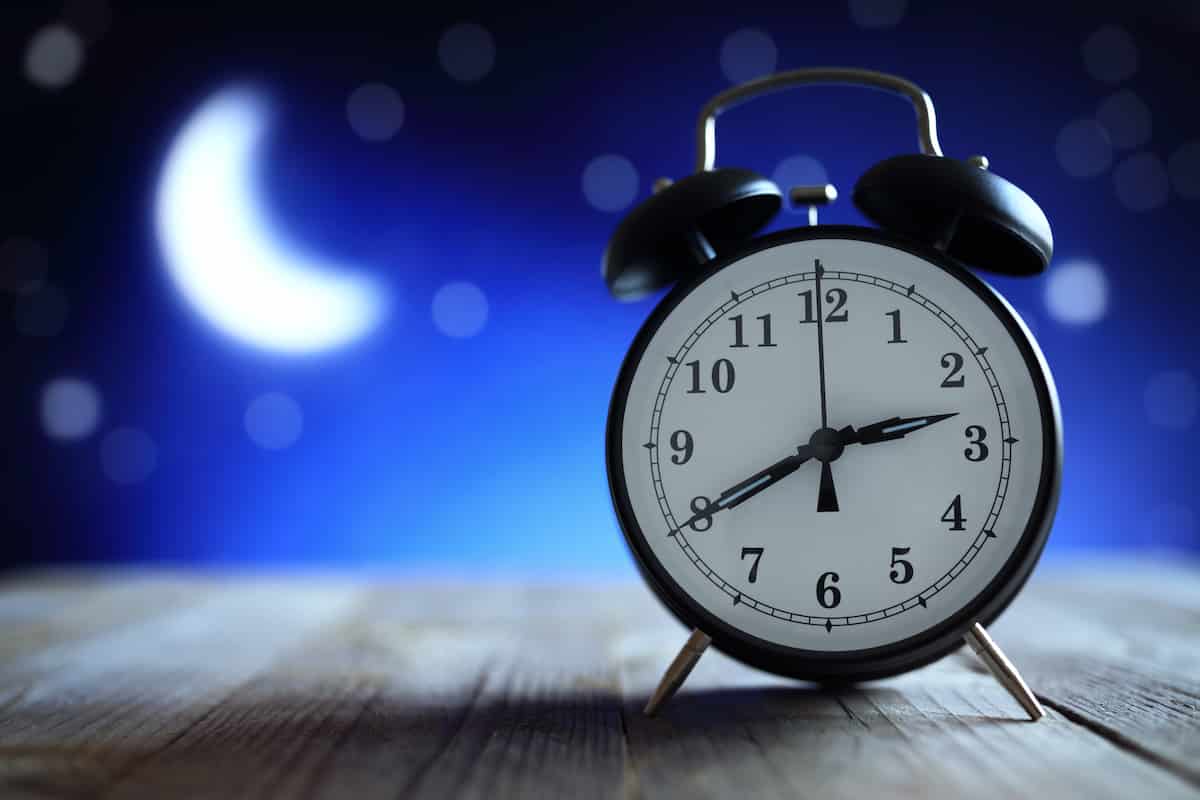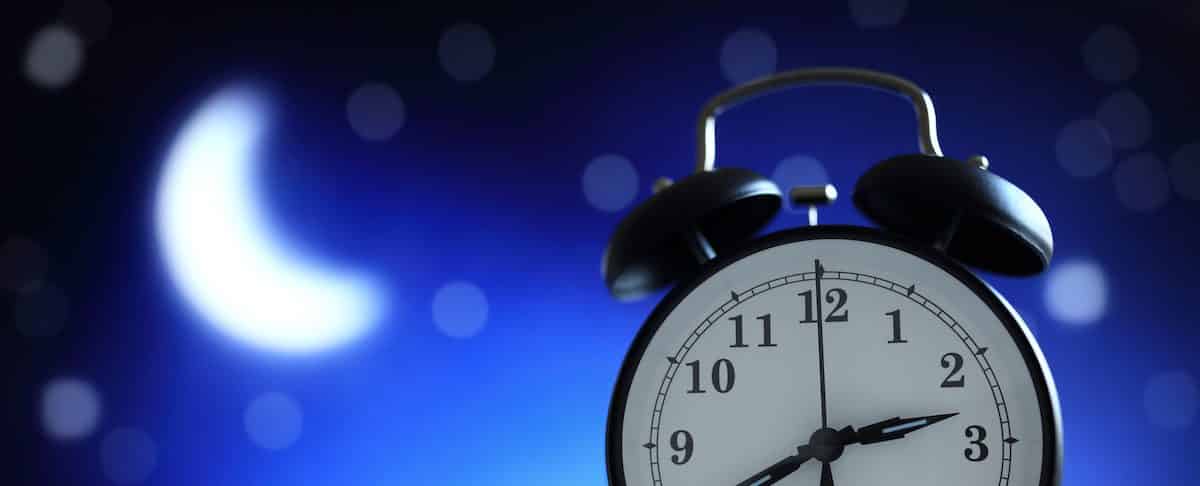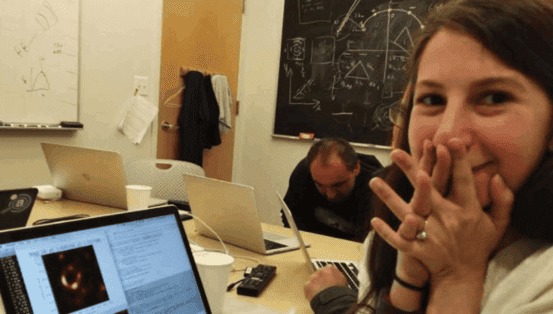
It’s time to “spring forward” and lose an hour of sleep. At 2:00 am Sunday, March 12, 2017, our clocks in the United States will move forward an hour to 3:00 am as we transition to Daylight Saving Time. The time will change back on Sunday, November 5 at 2:00 am. That’s when clocks “fall back” to 1:00 am Standard Time and we gain an hour of sleep.
This one-hour time disruption can negatively affect our sleep pattern for days or weeks, but waking up in the middle of the night may be completely natural. The 8-hour sleep cycle is a relatively new idea. It came about after the invention of electricity and light bulbs. Before industrial times, people often slept in two segments.
According to Roger Ekirch, a professor of history at Virginia Tech and author of At Day’s Close: Night in Times Past, pre-industrial people often slept in two shifts, which they referred to as “first sleep” and “second sleep.” They would go to bed a few hours after sunset, wake up for one or two hours around midnight, and then go back to sleep until dawn.
Author
-
![Spring Forward: Not Sleeping Through the Night May Be Natural [] SWE Blog](https://alltogether.swe.org/wp-content/uploads/2021/10/swe-favicon.png)
SWE Blog provides up-to-date information and news about the Society and how our members are making a difference every day. You’ll find stories about SWE members, engineering, technology, and other STEM-related topics.






